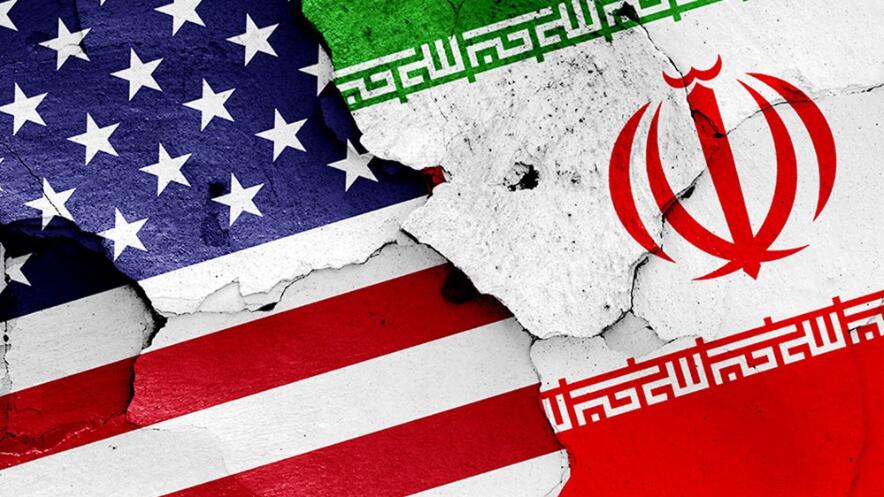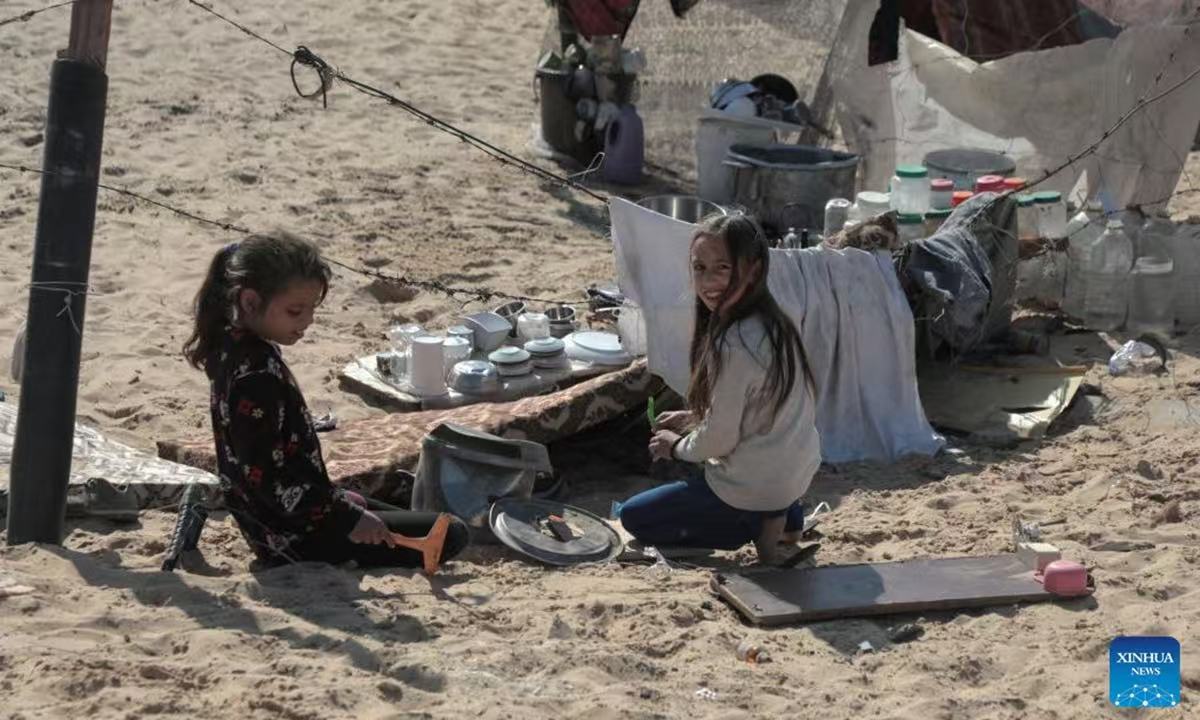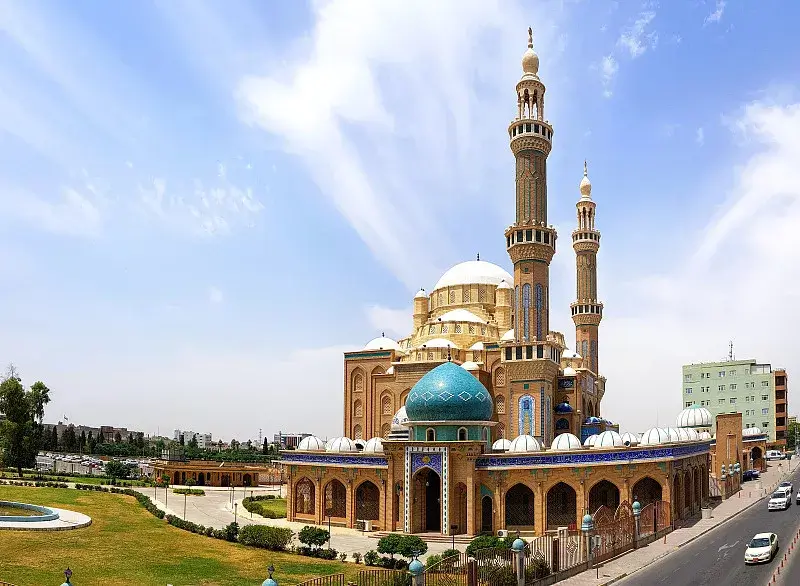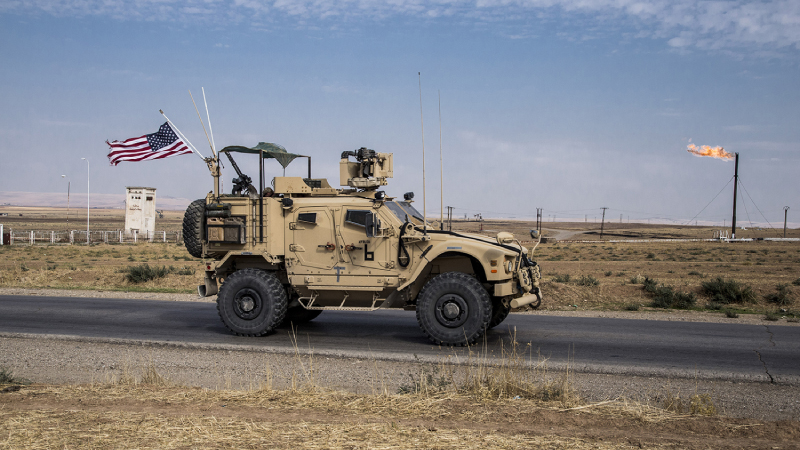
The Vienna talks on fully resuming implementation of the Joint Comprehensive Plan of Action (JCPOA) have reached a critical stage. Although there are some optimistic voices, the parties are still unable to reach a final consensus. The absence of direct US-Iran talks is complicating matters. Is it possible for the United States and Iran to talk directly?
On January 24, US State Department spokesman Ned Price said, “We have long held the position that it would be more productive to engage with Iran directly, on both JCPOA negotiations and other issues.” Before that, Iranian Foreign Minister Hossein Amirabdollahian said Iran “will consider” direct talks with the US. So it seems that direct talks could be in the cards.
Recently too, others have spoken up on this issue. During his visit to Tehran on December 23, Iraqi Foreign Minister Fuad Hussein openly called for direct US-Iran talks:
“Any opening in Tehran-Washington relations will positively impact Iraq’s internal situation from political, economic and security perspectives…. We think it’s time for direct talks between Tehran and Washington so that the two countries reach a common understanding not only on the nuclear issue but also on sanctions imposed on Iran.”
In an interview with Iranian media on December 28, former Iranian chief nuclear negotiator Hossein Mousavian said the United States would not give any concessions to Iran through mediators, and direct talks would lead to fewer misunderstandings and a quicker pace in negotiations.
On January 9, Iranian Supreme Leader Ayatollah Ali Khamenei said publicly: “It is another thing to negotiate, talk and interact with the enemy, but we have not and will not give in to the enemy’s coercion and words.” This is widely seen as Khamenei agreeing to direct talks between Iran and the United States.
In Washington, too, there are signs of movement. Shortly after Khamenei’s speech, White House Press Secretary Jen Psaki blasted former president Donald Trump’s decision to “recklessly” pull out of the nuclear deal “with no thought as to what might come next.”
In December, US Secretary of State Antony Blinken called Trump’s withdrawal from the JCPOA “one of the worst decisions made in American foreign policy in the last decade.”
So on the one hand, Iran’s most powerful leader has apparently given the green light to direct Iran-US talks. On the other hand, US President Joe Biden’s administration has blamed the current Iranian nuclear issue on the Trump administration, thereby reducing the resistance to direct talks with Iran.
Coupled with the support of third parties such as Iraq, it may not be far away for Iran and the United States to conduct direct talks.
US, Iran both need direct talks
Clearly, direct talks between the United States and Iran are urgently needed. This is true both for the nuclear talks in Vienna and for overall US-Iran relations.
So far in the JCPOA talks in Vienna, Iran and the United States have transmitted their views to each other through a third party, which is not only slow but also inflexible. It is easier to make compromises in face-to-face talks.
In addition to the Vienna JCPOA talks, improving the US-Iran relationship requires direct talks as early as possible. The practical utility of the continued confrontation between the United States and Iran is getting smaller and smaller. Reconciliation has become a common need for both countries.
For Iran, although the United States did some things that were detrimental to Iran’s interests during the reign of Shah Pahlavi, it is obviously not wise to confront the world’s No 1 power continually. Moreover, while Iran has explored some measures to deal with US sanctions, the easing or total lifting of sanctions would have a greater effect on Iran’s development.
For the United States, although the Tehran embassy hostage crisis that began in 1979 made Americans angry with the regime in Iran, the United States cannot dwell forever in the past.
Possible resistance to direct talks
Of course, there is still some resistance to direct US-Iran talks. The most critical issue is that there are voices within both countries against improving bilateral relations. After all, over the past 40 years, the media and politicians in the United States and Iran have portrayed each other as evil, which has made some people in both countries deeply hostile to each other, and naturally cultivated some forces against improving bilateral relations.
On the one hand, the Islamic Revolution that broke out in the late 1970s was strongly anti-American. To a large extent, anti-Americanism has been one of the sources of legitimacy for the Islamic Republic of Iran. On the other hand, the United States has viewed the Islamic Republic as an evil regime. To a large extent, such opposition is a form of political correctness. Obviously, both Tehran and Washington need to change their narratives about the other.
Furthermore, there are third parties affecting US-Iran relations, the most prominent of which is the negative impact of Israel. Israel sees Iran as its No 1 enemy and is therefore reluctant to see the improvement of US-Iran relations.
Recently while reading US diplomatic archives, I saw some positive interactions among Iran, the United States and Israel in the early 1970s. I believe that the normalization of US-Iran relations would promote the healthy development of Israel-Iran relations. Of course, direct US-Iran talks are the basis for achieving such goals.
In this way, although there is still resistance to US-Iran direct talks, there is also great hope. Policymakers in Washington and Tehran should build on that hope.











